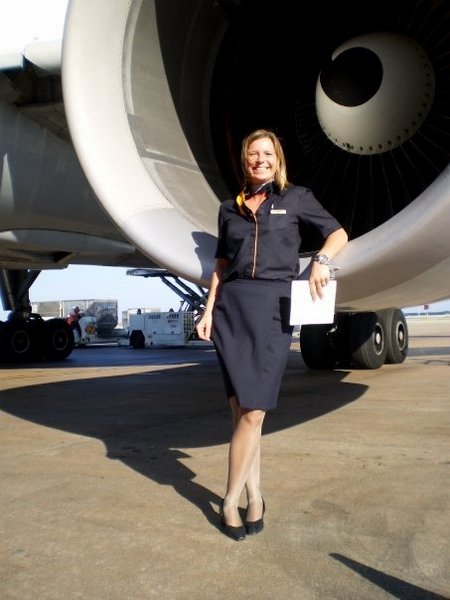 I’ve very pleased to invited back Nina Schwarz of Lufthansa Airlines for a second interview! I previously interviewed her in January on the topic of airline passengers. More specifically, from a flight attendant’s view, we discussed what makes a great or difficult passenger, interesting in-flight experiences, and suggestions on how anyone can become a great passenger.
I’ve very pleased to invited back Nina Schwarz of Lufthansa Airlines for a second interview! I previously interviewed her in January on the topic of airline passengers. More specifically, from a flight attendant’s view, we discussed what makes a great or difficult passenger, interesting in-flight experiences, and suggestions on how anyone can become a great passenger.
This time around, Nina tells us all about a flight attendant career: how to apply for a job, what qualifications and personal traits are neccessary, training programs, daily work details, work schedules and salaries. Finally, Nina tells why she believes flight attendant work is the best job in the world.
If you’ve ever thought about becoming a flight attendant or pondered the job while watching flight attendants attend to their duties en flight, here’s just about all you need to know. Thanks, Nina!
Q1. How long have you been a flight attendant for Lufthansa?
A1: For quite some time: for more than 18 years! And I still love it.
Q2. You’re now a chief flight attendant. What are your duties and responsibilities?
A2: I am in charge of the cabin crew which involves briefing the crew before the flight, checking my flight attendants’ emergency and First Aid knowledge, making sure that the uniform rules are followed, forming a team out of 12-19 people who have just met and being their “mum” if they encounter any problems during the stopovers. On board I am responsible for the what we call “honneurs” (French for honours, meaning that I meet and greet all important customers personally), I do the announcements in all the languages I speak, I start the entertainment system and try to fix it and our seats if things don’t work. I am the troubleshooter when passengers get sick, unruly or frightened or a flight attendant is sick and I have to take over a service position. After the flight, I write reports about special incidents and feedback on my flight attendants.
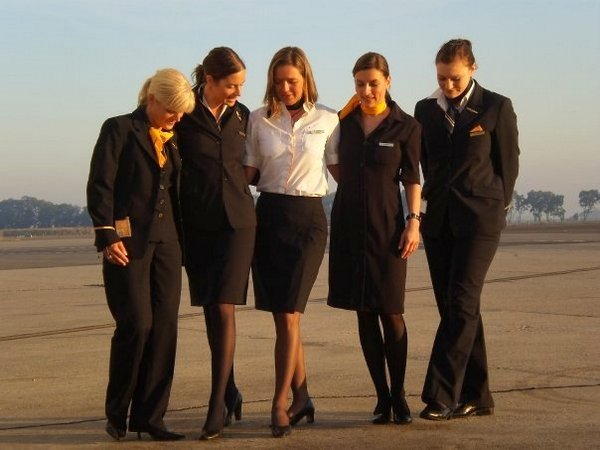 Q3. Please tell us about the process involved in reaching the level of chief flight attendant. For example: What position did you start your career with? Were there any other positions along the ladder to Chief? How long did it take to reach that position? Etc.
Q3. Please tell us about the process involved in reaching the level of chief flight attendant. For example: What position did you start your career with? Were there any other positions along the ladder to Chief? How long did it take to reach that position? Etc.
A3: Well, it has changed over the years. These days you have to have 2 years of flight experience, good feedback, a recommendation from your team leader, a second foreign language that’s been tested and approved. Then you have to pass an assessment center involving an English presentation, a number of psychological tests and an interview with a psychologist.
Everybody starts out as a flight attendant. After the afore-mentioned 2 years’ time you can apply for the position of ‘Purser I’ who is the head of cabin crew on our short haul flights and the second in charge on our long haul flights. After another 2 years, you can apply for the position of ‘Purser II’ who is only doing long haul flights. I became a Purser I in Dec. 1994 after 8 months of flying and last year I finally decided that I could do the last step.
Q4. What’s your work schedule like? What are typical schedules for beginning and intermediate flight attendants?
A4: Difficult to explain in a simple way! Work schedules are the same for all (new and experienced flight attendants and pursers). Except for Pursers II, all have to fly long haul and short haul flights. We all have licenses for different aircraft types, which kind of determines the routing. On average, everybody has about 14 days off every month between the flights. The time abroad doesn’t count as free time. Depending on the number of short haul flights, you might have 3-6 flight rotations every month. I fly only long haul and this June I have 3-5 long haul flights in order to fulfill regulations by union contracts and Federal Aviation authorities in terms of max. flight hours and required rest time. Our computerized request system allows us to influence our schedule enormously. Still, we don’t always get the flights or off days we want since 16,000 flight attendants have to be organized on hundreds of flights.
Q5. For people interested in a career as a flight attendant, what’s the best way to get started?
A5: Just check the airlines’ websites and apply directly. At Lufthansa you’ll have to apply via the internet, then proceed though a telephone interview and afterward, you would be invited for a day of tests and interviews.
Doing any seminars that prepare you for the job or for interviews is only a money-making scam.
Q6. What qualifications, personal character, skills and abilities, etc. are required to become a flight attendant? Do those requirements vary a lot from airline to airline, or are they pretty much that same?
A6: Qualifications vary a lot from airline to airline. For some Asian airlines you must have a certain weight (which you’re not allowed to exceed anytime during your employment) and a certain height and a certain age (You’ll be fired after you turn 30 at some airlines).
At Lufthansa, that is all void due to our laws/rights in Germany. However, you have to be able to speak the language of the airline’s home country as well as English. Depending on the airline, you can earn more money if you speak more languages (that’s the case at Lufthansa).
Your psychological profile is of interest. You must be able to work in a team, be psychologically strong if things get rough (emergencies, unruly passengers etc.) and be able to smile even when you feel awkward or hate the person in front of you. In general, it is an advantage if you have worked in restaurants or hotels before since service is the main line of business. Last but not least, you have to be physically fit for flying. (not too short-sighted, deaf etc.)
Q7. What’s the training like? How long is it? Is there an internship afterward? What kinds of things are you trained in?
A7: The training takes 8 weeks these days and the new flight attendants have 2 test flights in between. It comprises emergency training for the aircraft types they will work on, flight regulations and applicable laws and rights, service training on mock-ups, psychological training (how to calm down people, how to handle any difficult situation without freaking, how to deal with the fear of flying) and general airline information, familiarization with the home base, how to read a ticket, etc.
Q8. What’s the competition like for those jobs? Easy to get a job or difficult?
A8: It’s a matter of passing the tests. Therefore, you can’t say that it is easy or hard. You simply have to have the right profile for the job.
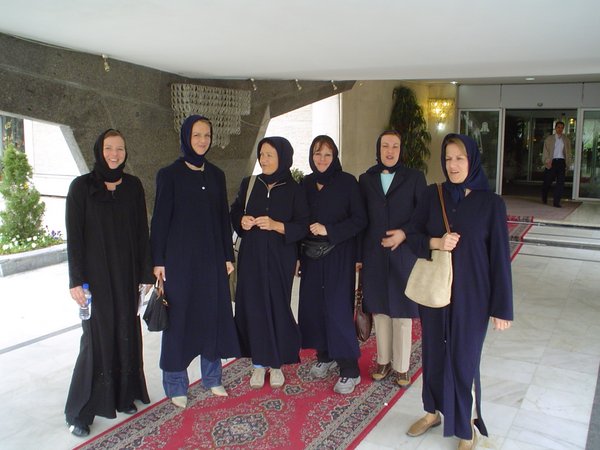 Q9. Are there countries / airline companies where it’s easier and harder to get jobs? If so, which ones? Do you generally have to be a citizen of the country in which the airline is registered/based? Or do airlines usually hire flight attendants from several different countries?
Q9. Are there countries / airline companies where it’s easier and harder to get jobs? If so, which ones? Do you generally have to be a citizen of the country in which the airline is registered/based? Or do airlines usually hire flight attendants from several different countries?
A9: A couple of the Arab airlines employ foreigners for the cabin (Etihad, Qatar Airways, Emirates) and are therefore a good choice, especially because many national carriers in Asia and Europe mainly employ people from their home country. If you wanted to work for Lufthansa, you would need to be able to speak German and English. Currently, we are not recruiting but it’s always worthwhile checking the websites of all airlines.
Q10. What are typical salaries for flight attendants, chief flight attendants, and other positions (if there are any)? If you know, do salaries vary a lot from country to country/ airline to airline?
A10: Again, this is different at all airlines and depends also on “old” or “new” contracts. A basic net income for a new flight attendant in Lufthansa is about EUR 1,100/month plus the expenses paid for the flights (about EUR 500-600 a month). It includes all insurance, but this cannot be compared to other countries. Then there are other benefits like cheap flight tickets (which have become a lot more expensive lately) and staying in 5star hotels.
I would have a net income of about EUR 3,500 a month if I wasn’t working part-time and had 4 months off.
Q11. What do you like best about being a flight attendant?
A11: First, I love to be above the clouds and see the sun, even on the darkest winter days. Secondly, I love to meet people; passengers and colleagues alike are an inspiration. Third, being abroad and being in countries you’d never visit on a holiday (e.g., Equatorial Guinea) or that you’d love to party at (e.g., Hongkong, Singapore, San Francisco) or that you like to shop at (anything in China or the US) or countries you’d love to explore (e.g., hiking in Japan).
Q12. What’s hardest and/or least pleasant about working as a flight attendant?
A12: Saying Goodbye all the time.
Q13. Does a flight attendant career really help you travel and see the world? Or do you usually just end up with super short stays in destinations, with just enough time to sleep, eat, run? In other words, would this be a good career for someone who wants to really get out and see the world in depth?
A13: Certainly you cannot explore a country in depth, but you’ll get a good idea of it over the many years you’re flying. And it gives you inspiration and a starting point. Plus the cheap airfare gives you much better access to traveling than any other job. You’ll always have the time to eat a real pizza in Rome, have a Chai in India, walk around near your hotel in NYC and shop, party for 2 nights in Hongkong.
It’s the best job in the world. I have studied and was trained in other jobs with a lot more income but this is still better as it’s more fun and offers adventures and a cosmopolitan life-style.
——————————————————————————–
Thanks so much, Nina, for giving us this thorough explanation about all aspects of a flight attendant career. Let’s see if we hook any new recruits!




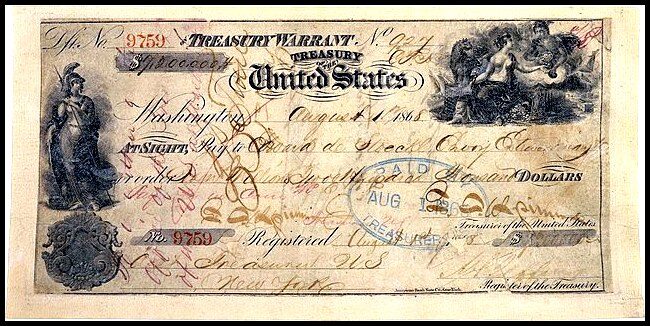

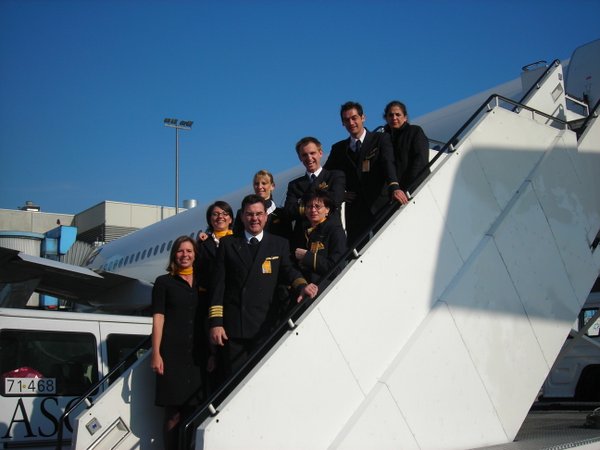
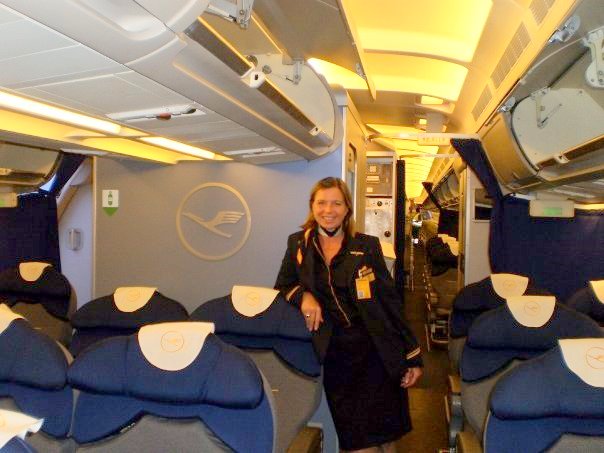
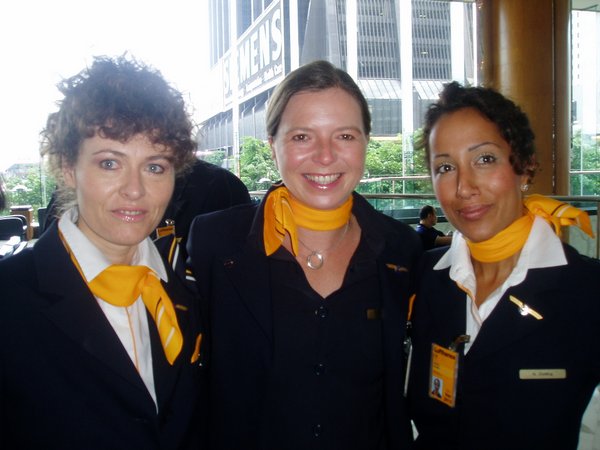



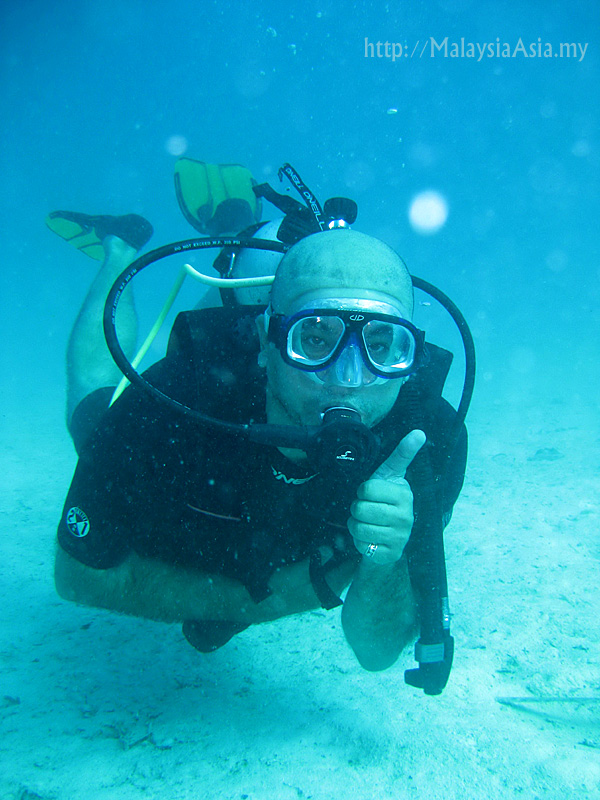
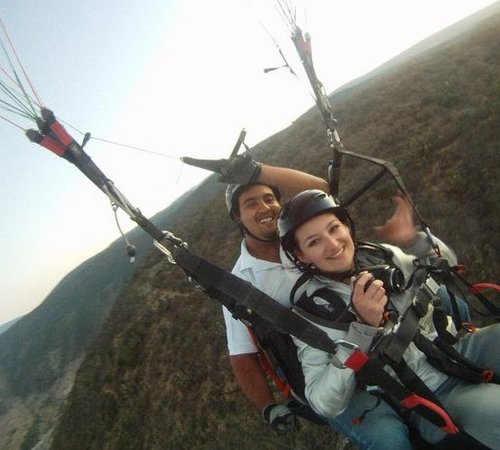

 Hi! I'm Lash, an American nomadic world traveler who's been traveling solo since 1998. I’m passionate about traveling the world nomadically and then sharing it all with you. I hope to inspire you to travel the world, to entertain you with tales from the road, and to help you reach your travel dreams. Welcome!
Hi! I'm Lash, an American nomadic world traveler who's been traveling solo since 1998. I’m passionate about traveling the world nomadically and then sharing it all with you. I hope to inspire you to travel the world, to entertain you with tales from the road, and to help you reach your travel dreams. Welcome! 




4 pings